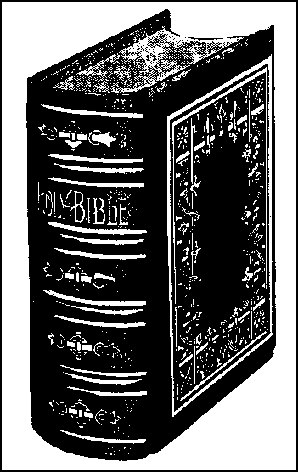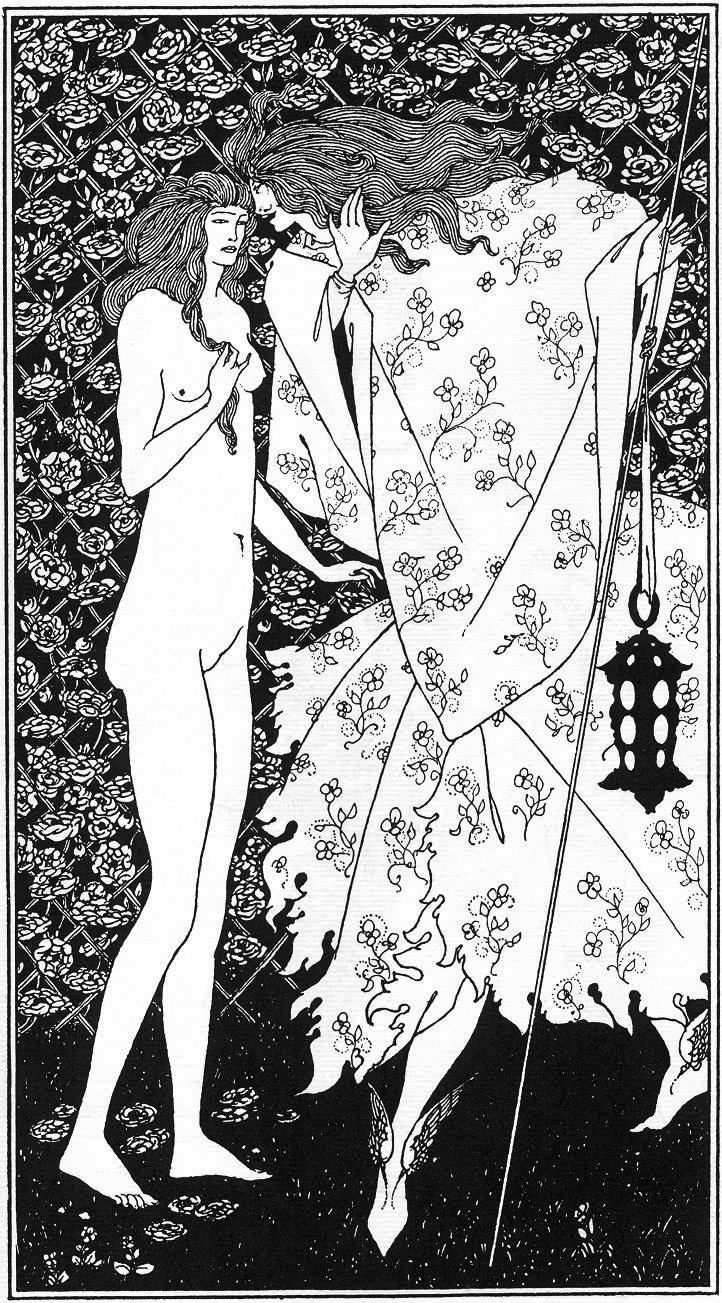Steps to Living Porn Free
Tim Chester
(IVP Books)

What Chester doesn't emphasize, and might well have done, is that most pornography is a non-stop tedious, overwrought, yawnsville, boring sleep-inducing catatonic ugh grumpf. In other words, it's two-dimensional show-off stuff, best reserved for the reality-challenged.
The writing in Closing the Window is somewhat helter-skelter and hectic, too, with odd phrases thrown in to confound us. For example, in the chapter entitled "Porn Wrecks Your View of Sex," the writer quotes a famous therapist who said that "In real life, sexually speaking, women are crock-pots (or slow cookers) and men are microwaves." And in the one called "The Reason for Porn," he states, willy-nilly, "If we don't blame our willy, then sometimes we blame our wives."
The author reserves his most profound disapproval for masturbation. His rancor is based on the fact that "it's a sin to have sex with someone other than your spouse."
- For the most part it's an act of self-love.
Well, yes --- but there is a built-in paradox, one that we might lay on the feed-back nature of what they once called self-abuse. The implication of Jesus' very words on loving your neighbors is "If you can't love yourself, who can you love?" Many religions (outside of the strict Bible-school that Chester favors) emphasize the importance of our treating ourselves with a passionate self-respect. Perhaps this most intimate act could be interpreted as just that ... self-love (perhaps, to a fault).
In the chapter, "Fighting Pleasure with Pleasure," Chester tells of "a Christian who's struggled with porn," and places the blame for his dilemma on fundamentalists.
- Modern conservative evangelicalism fuels sex addiction because it has come to focus on the externals of religion, not the affections.
Thus the porn "crises" may be a direct result of the "externals ... dogmas, church growth strategies, church attendance, training courses, evangelism, Bible study groups." Thus a certain distancing from proper Christian fellowship might foment the very activity that it should be deploring.
The last chapter, "Freed for the Glory of God," dwells on the Bible's most passionate book, "The Song of Songs, which is Solomon's."
-
Let him kiss me with the kisses of his mouth: for thy love is better than wine.
Because of the savour of thy good ointments thy name is as ointment poured forth, therefore do the virgins love thee.
Draw me, we will run after thee: the king hath brought me into his chambers: we will be glad and rejoice in thee, we will remember thy love more than wine: the upright love thee.
I am black, but comely, O ye daughters of Jerusalem, as the tents of Kedar, as the curtains of Solomon.
Look not upon me, because I am black, because the sun hath looked upon me: my mother's children were angry with me; they made me the keeper of the vineyards; but mine own vineyard have I not kept.

Baptists have always had trouble with the "Song," because it delivers a triple whammy. First of all, it addresses itself to Solomon, a definite romantic overachiever. The bible tells us that Solomon had "seven hundred wives and three hundred concubines."
Second, and of further anguish for fundamentalist preachers, especially of the American south before the 1960s, the narrator of the "Song" is apparently a black woman ("I am black but comely") who wanders the streets looking for her love,
- I will rise now, and go about the city in the streets, and in the broad ways I will seek him whom my soul loveth: I sought him, but I found him not.
The watchmen that go about the city found me: to whom I said, Saw ye him whom my soul loveth?
Finally, the authoritative King James' version doesn't necessarily support the thesis that these nighttime shenanigans describe the comings and goings of a happily-married couple.
- I rose up to open to my beloved; and my hands dropped with myrrh, and my fingers with sweet smelling myrrh, upon the handles of the lock.
I opened to my beloved; but my beloved had withdrawn himself, and was gone: my soul failed when he spake: I sought him, but I could not find him; I called him, but he gave me no answer.
Not only do we have hard times here in the love department, despite all protestations to the contrary, we may be listening in on a fit of passion taking place in a very non-nuclear family. The word "spouse" pops up from time to time in "The Song of Songs," but always with the word "sister" ... as well as "friend."
- His legs are as pillars of marble, set upon sockets of fine gold: his countenance is as Lebanon, excellent as the cedars.
His mouth is most sweet: yea, he is altogether lovely. This is my beloved, and this is my friend, O daughters of Jerusalem.
We should report with all due reverence that when we cast about in Google for different versions of the "Song of Songs," we wanted to find those that had not been gussied up into "New" or "Modern" translations from die-hard faithful evangelicals who tend to skew the original language to fit their own bizarre concepts of the divine. One translation we came across was a site named Bartleby.com. The "Song of Song" chapters were all dutifully noted as "The Bride's Reverie" and "The Mutual Delight of the Bride and Bridegroom." To muddy the water, along the far side of each of these pages there skulked the image of a young lady, buffed out in a black negligee complete with stentorian bust. These words floated above her head: "¿Te gustaría conocer a las conejitas Playboy más lindas?"
For the Spanish language-challenged, this translates roughly as, "Would ya like to get to know the most beautiful Playboy bunnylets?"